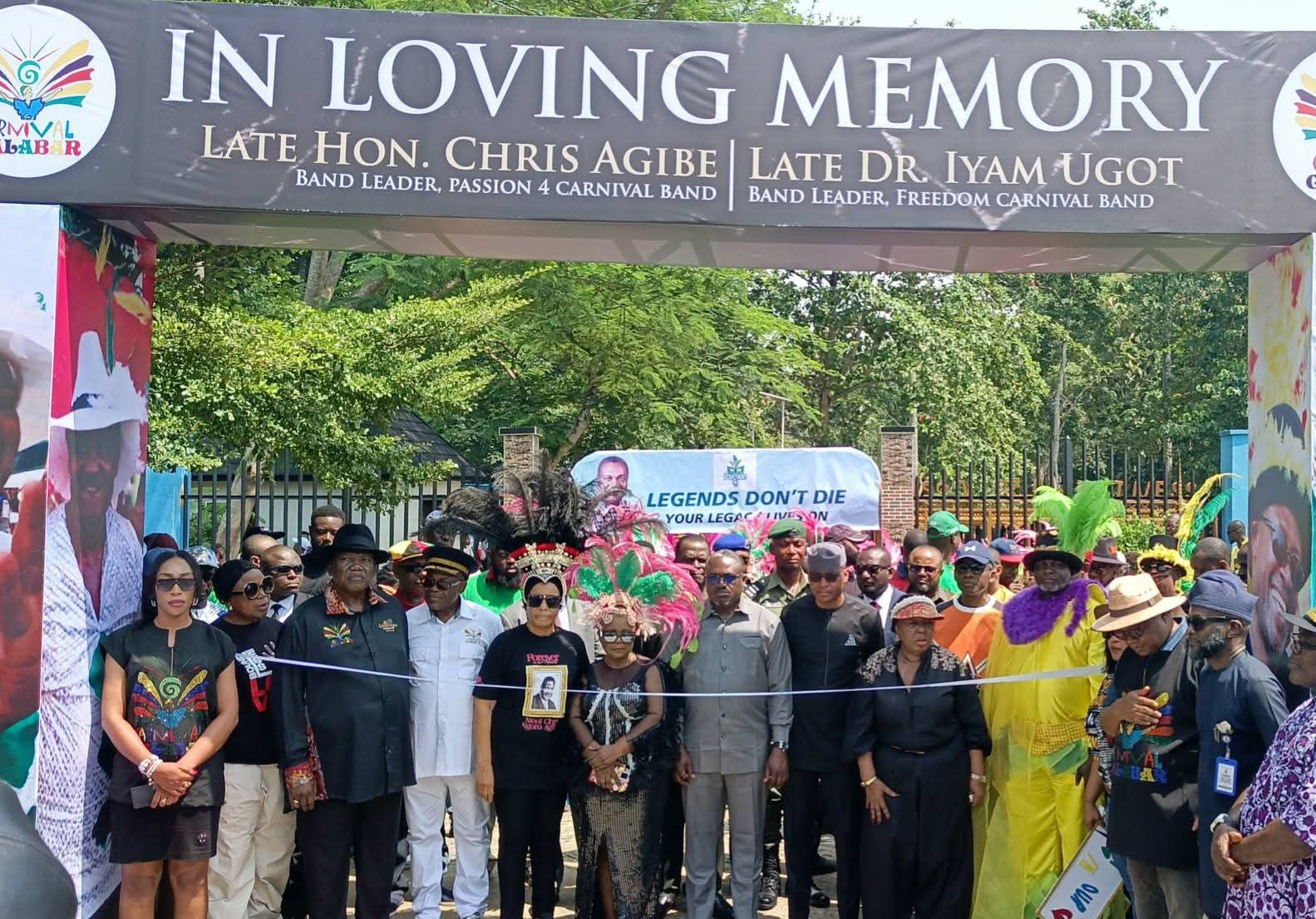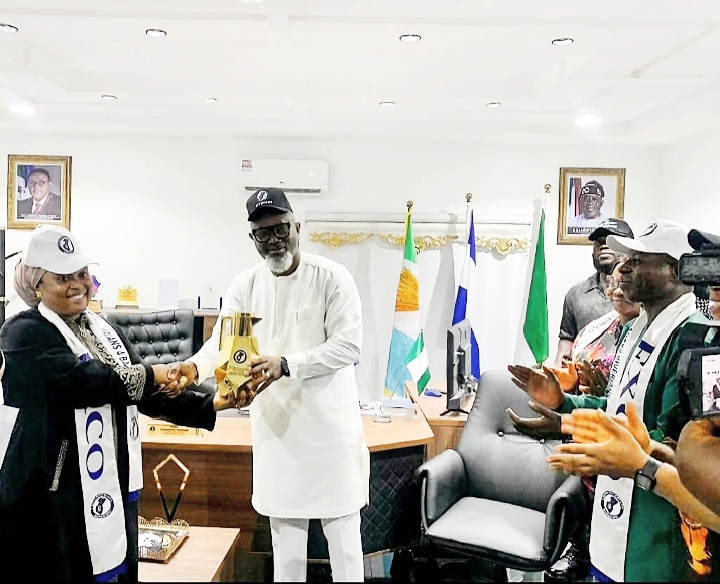
While granting exclusive audience to www.calitown.com, CRS Coordinator of the Neglected Tropical Diseases Unit, Hillary Adie, informed also that Calabar South, Akamkpa, Biase, Abi, Obubra, Ikom, Boki, Yala, Ogoja and Bekwarra, rank as the 10 LGAs in Cross River State with the highest cases of Lymphatic Filariasis. Lymphatic filariasis, commonly known as elephantiasis, is a neglected tropical disease. Infection occurs when filarial parasites are transmitted to humans through mosquitoes. Infection is usually acquired in childhood causing hidden damage to the lymphatic system.
In the case of soil transmitted helminths where worms have been identified as responsible for helping produce a wide range of symptoms including intestinal manifestations (diarrhoea, abdominal pain), general malaise and weakness, that may affect working and learning capacities and impair physical growth, all the 18 LGAs in the state are endemic.
Adie further informed that the study showed the presence of Bilharsiasis, in 13 LGAs, from Biase down to Obanliku. However, Calabar South, Calabar Municipality, Akpabuyo, Akamkpa, Bakassi, and large parts of Odukpani are free of the disease.
Government’s response to the scourge of these diseases, Adie added, “has been tremendous. The federal and state governments working with the World Health Organization, WHO, and the US-based Research Triangle Institute, which gave the state an annual drug donation worth N1.2 billion, have helped ensure that while we manage identified cases, new ones do not appear”. The Niger Delta Development Commission, NDDC, too has contributed, helping “us with 50, 000 mosquito nets, 16, 500 of the nets have so far been distributed, free of charge to those communities in dire need”.
The state coordinator was emphatic that his unit, “working with the tremendous support we are getting, will not rest until the WHO certifies CRS free of these diseases. Already, our work with Community Based Organizations, CBOs is helping us reach 1.5 million locals, every year and it is not enough in our estimation, if we have to rid the state of these diseases”, Adie concluded.









